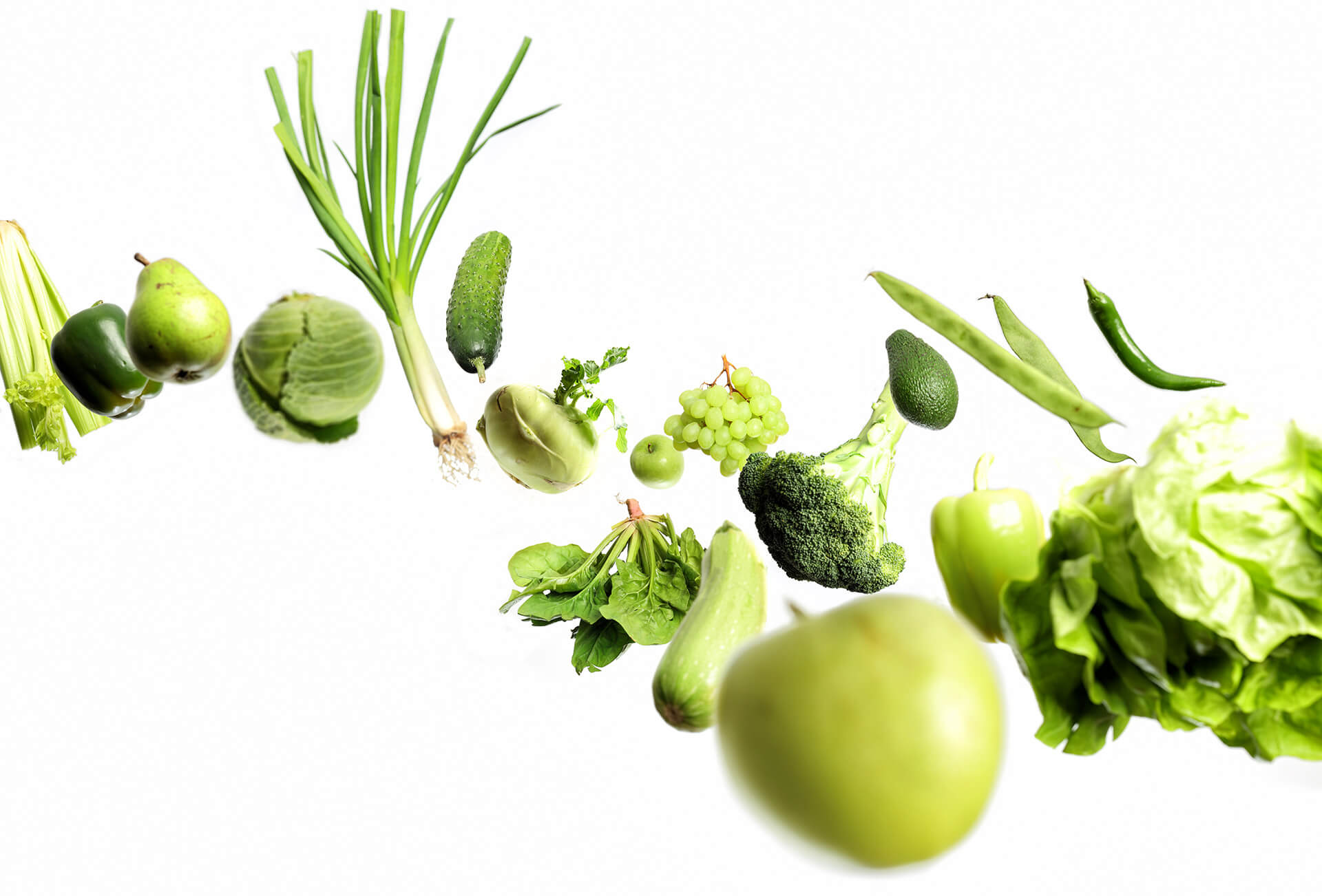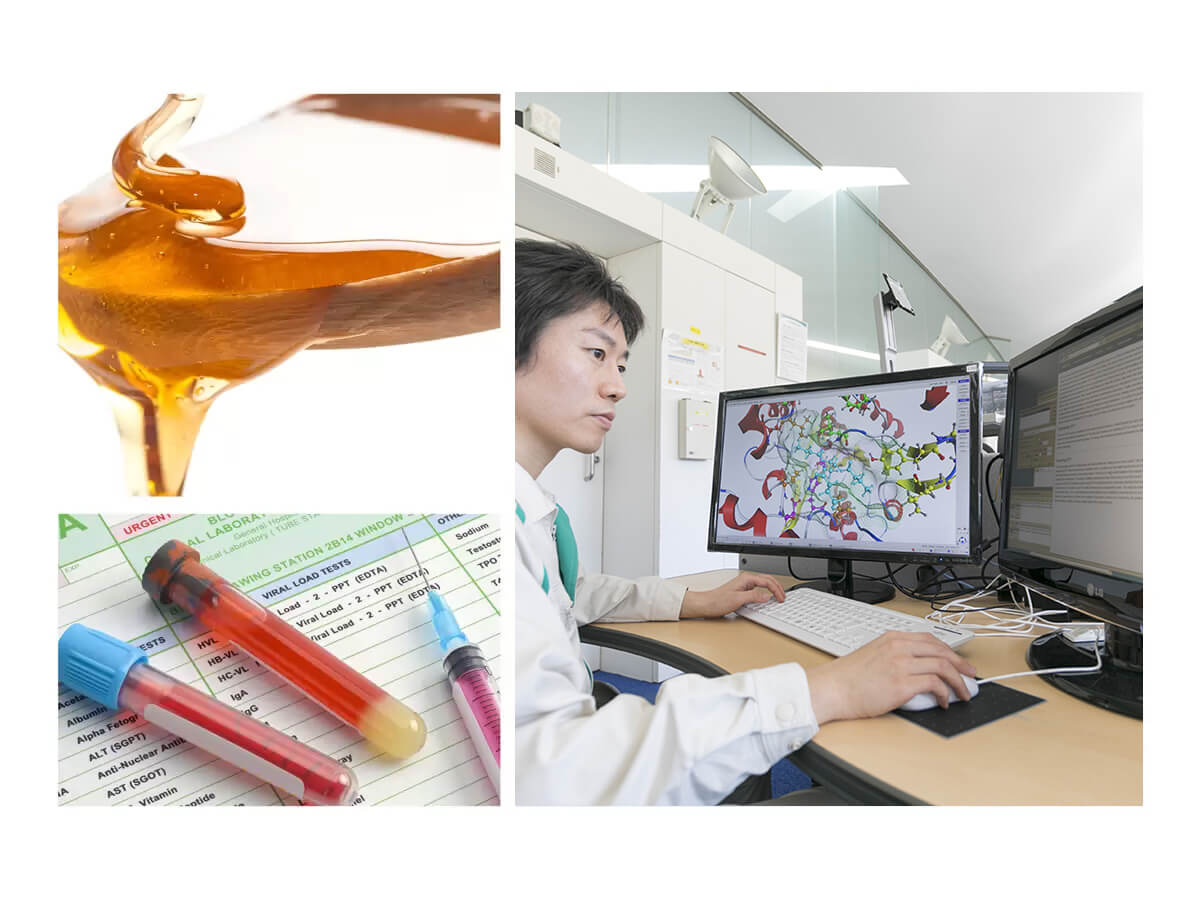It is estimated that food waste contributes between 8 to 10 percent of global greenhouse gas emissions, contributing to the ongoing global climate crisis. Food waste can occur both at all levels of the food life cycle, from the individual consumer, to retailers and restaurants, all the way up to wholesalers and commercial food production. It is important for all companies at any level of the supply chain to do what they can to limit their negative impact and promote a sustainable environment.
As a specialty enzymes company, we are especially interested in informing food and beverage brands that the use of enzymes can play a key role in reducing the harmful impact of food waste by the beverage and food industries.
Enzymes have been a part of food processing for ages – albeit unknowingly at first in cheese production and the brewing of alcoholic beverages. The term “enzyme” was coined in 1877 by Wilhelm Kühne, and even in those early stages, enzymes were primarily used to improve efficiency and reduce cost in manufacturing food and beverage products.
Today, we know that enzymes do much more than simply speed up the production process. Using enzymes helps decrease energy, water, and chemical use, all while increasing product yield and quality. Enzymes help speed up processing times (increasing efficiency) and extend the shelf-life of products (enabling less waste). Overall, enzymes can help reduce waste and improve the impact that the food and beverage industries have on the planet.
Enzymes Save Energy and Reduce Product Loss
 Enzymes can be used to break down haze-sensitive proteins, enabling manufacturers to skip cooling steps which are otherwise necessary in the stabilization and clarification processes of beverages, such as beer, thus saving energy. Enzymes also help to reduce the need for using other stabilization aids, which are generally filtered out of the final product and result in some product loss, thus increasing end-yield. Additionally, through replacing stabilization aids, there is less risk of oxygen introduction and therefore better results of getting a good product the first time.
Enzymes can be used to break down haze-sensitive proteins, enabling manufacturers to skip cooling steps which are otherwise necessary in the stabilization and clarification processes of beverages, such as beer, thus saving energy. Enzymes also help to reduce the need for using other stabilization aids, which are generally filtered out of the final product and result in some product loss, thus increasing end-yield. Additionally, through replacing stabilization aids, there is less risk of oxygen introduction and therefore better results of getting a good product the first time.
Enzymes are Easily Implemented
The good news is that you can get the benefits of enzymes without costly changes to processing. Enzymes are easy to implement into production set-up and generally don’t require any changes to existing equipment. Unless a product is specifically formulated to be active, enzymes perform their functions during production and are no longer active in the finished product.
Specialty Enzymes Are a Sustainable Waste Solution
Shockingly, it is estimated that one-third of all food produced is either lost or wasted. If this food were saved, it would be enough to feed around twice the amount of people who are currently undernourished. Enzymes play a key role in moving towards this reality of reducing food and beverage industry waste.
Many byproducts in the beverage and food industries are high in fat, sugar, and proteins which are ideal for enzymes to break down. Enzymes are able to be used in a specific and controlled way and have a lower processing cost than conventional waste management methods. Along with the benefits of more efficient production and products with extended shelf-life, enzymes offer the potential of converting waste into valuable products, such as biofuels and animal feeds to new food ingredients.
Enzymes have the power to make our processes more sustainable and even make our products healthier. Enzymes are the future when it comes to creating a food system that protects the planet.
Amano Enzyme Can Help You Implement More Sustainable Production Practices

At Amano Enzyme our specialists are inspired by nature and driven by science. Amano Enzyme creates custom enzymes for a variety of applications and industries. Click here to learn more about the different enzyme applications Amano Enzyme can assist with.
Contact our skilled staff today to get started on creating enzymes for your specific use case.


